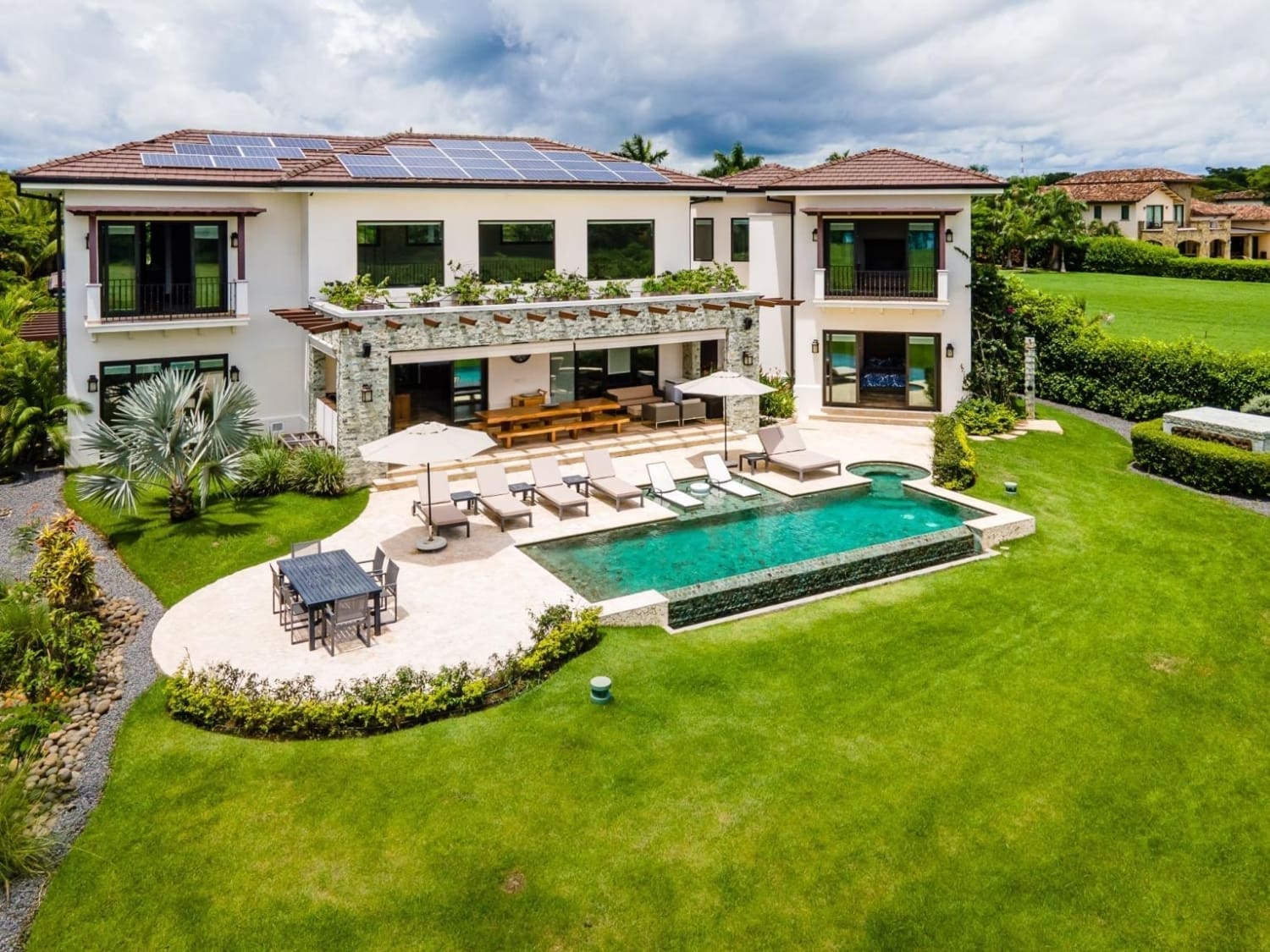Costa Rica has become a highly desirable destination for those in search of a tropical escape. As more and more people aspire to buy property in this Central American paradise it’s important to be aware of the process of how to buy a home in Costa Rica.
In this guide, we dig into the process of buying homes for sale in Guanacaste Costa Rica, including details on the importance and aspects of the search, offer process, transaction, and finally ownership.
No matter what type of property you are looking for, and whether it’s a beachfront villa, a condo in town, or a rural finca, Costa Rica boasts an array of options to choose from. That said, we understand the buying process can be somewhat intimidating for foreign buyers purchasing outside their native country for the first time.
First things first, it is important to know that foreigners have the same rights as Costa Rican citizens when it comes to property ownership for most property title types except for concession titles which are leases from the local municipality ( not recommended unless you are highly experienced in costa rica real estate ). For all other property titles such as condominium title, and private/fee simple title you have full ownership of the property which you will acquire either under your name or the Costa Rican equivalent to an S-Corp or LLC called S.A and SRL. There are pros and cons to owning Costa Rica real estate under your name versus under a corporation. Most homeowners decide to own under a corporation for liability protection and practicality benefits. Yearly compliance costs and fees for an SA or SRL are around $1200-$1500.
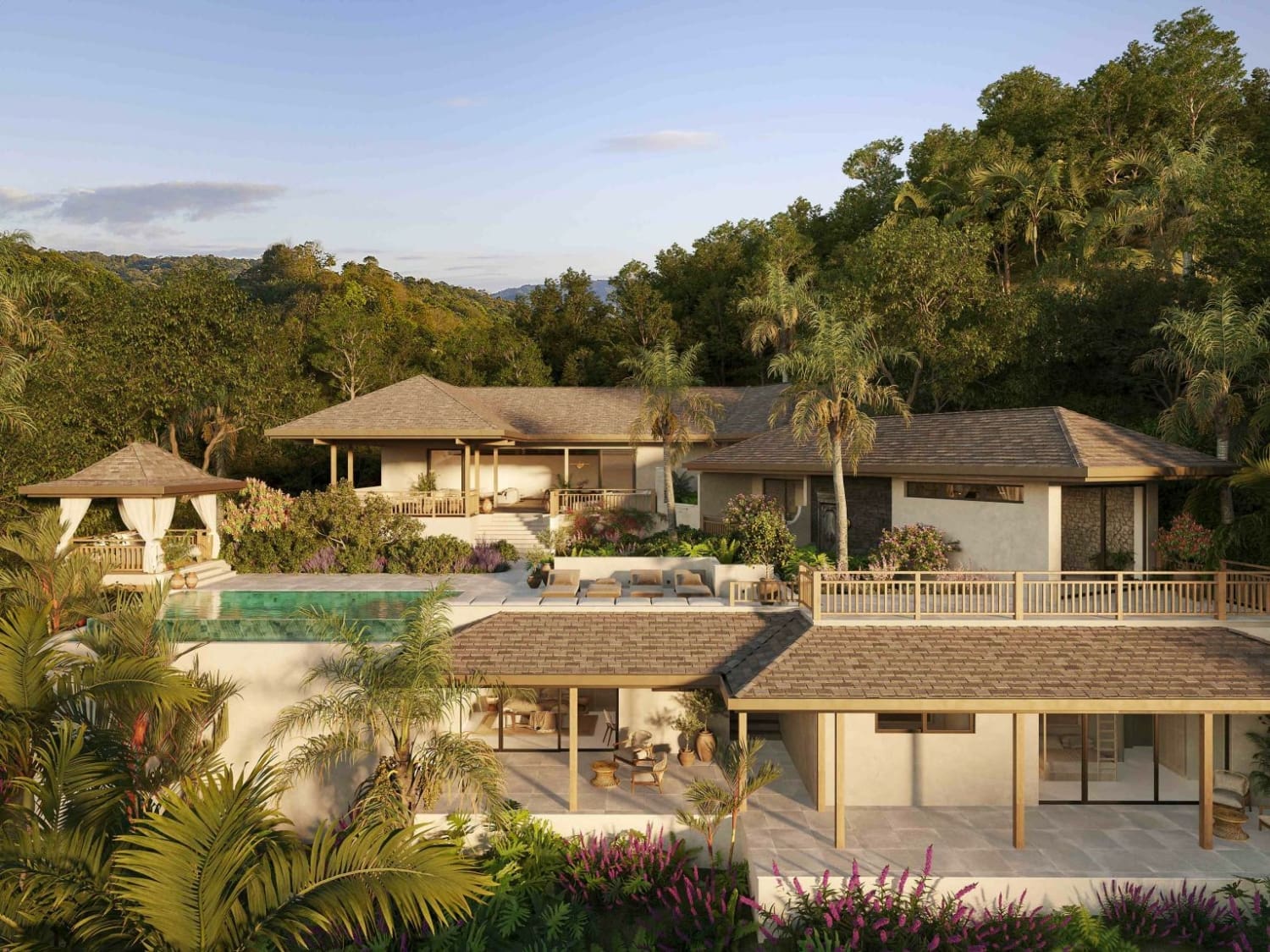
When it comes to researching the property of your dreams, it is important first to identify areas of interest that fit your needs in terms of climate, amenities, remoteness, distance to the nearest airport, schools etc., and last but not least, areas that are fitting to your budget. We recommend coming and visiting multiple areas of interest before defining the areas you will be hunting for properties in although we have represented multiple sight-unseen buyers using videos of the areas of the area and property to help them purchase from their home base.
Early in the process, there are a few options to take into consideration when it comes to defining your budget. Most foreign homebuyers either pay cash, take out a line of credit, use their 401K ( tax benefits ), or refinance their assets back home to get the liquidity they need to buy a home in Costa Rica. Recently, local Costa Rican banks also started loaning foreign buyers for built residential homes and condos as well as raw land but only in gated communities if the land has nothing built on it. Once you have defined what makes the most financial sense for you and what you can afford you have secured a clear budget.
Now comes the time to search for the property and to browse for homes for sale in the Guanacaste Costa Rica area, searching for a home that aligns with your goals, desired lifestyle, budget, and needs.
Property hunting in Costa Rica can feel like a pretty daunting task; no national MLS, websites not updated, no data available, little information displayed, etc..
This is when an experienced, local broker comes in handy. A local real estate expert can help you navigate the market, and get you a list of suitable available properties in your areas of preference. Through a local expert, you will save an enormous amount of time by filtering out properties that are sold but not updated online, get access to off-market listings, and give some immediate feedback on the properties you saw online, feedback about the area, appreciation and rental potential of the property of interest along with other recommendations.
Once you’ve reviewed options online you can define a list with your local real estate broker of options to review in person or even through a video call if you are a sight-unseen buyer.
From there and once you have defined your list of favorite options, comes the time to tour these properties with your broker until you find the one.
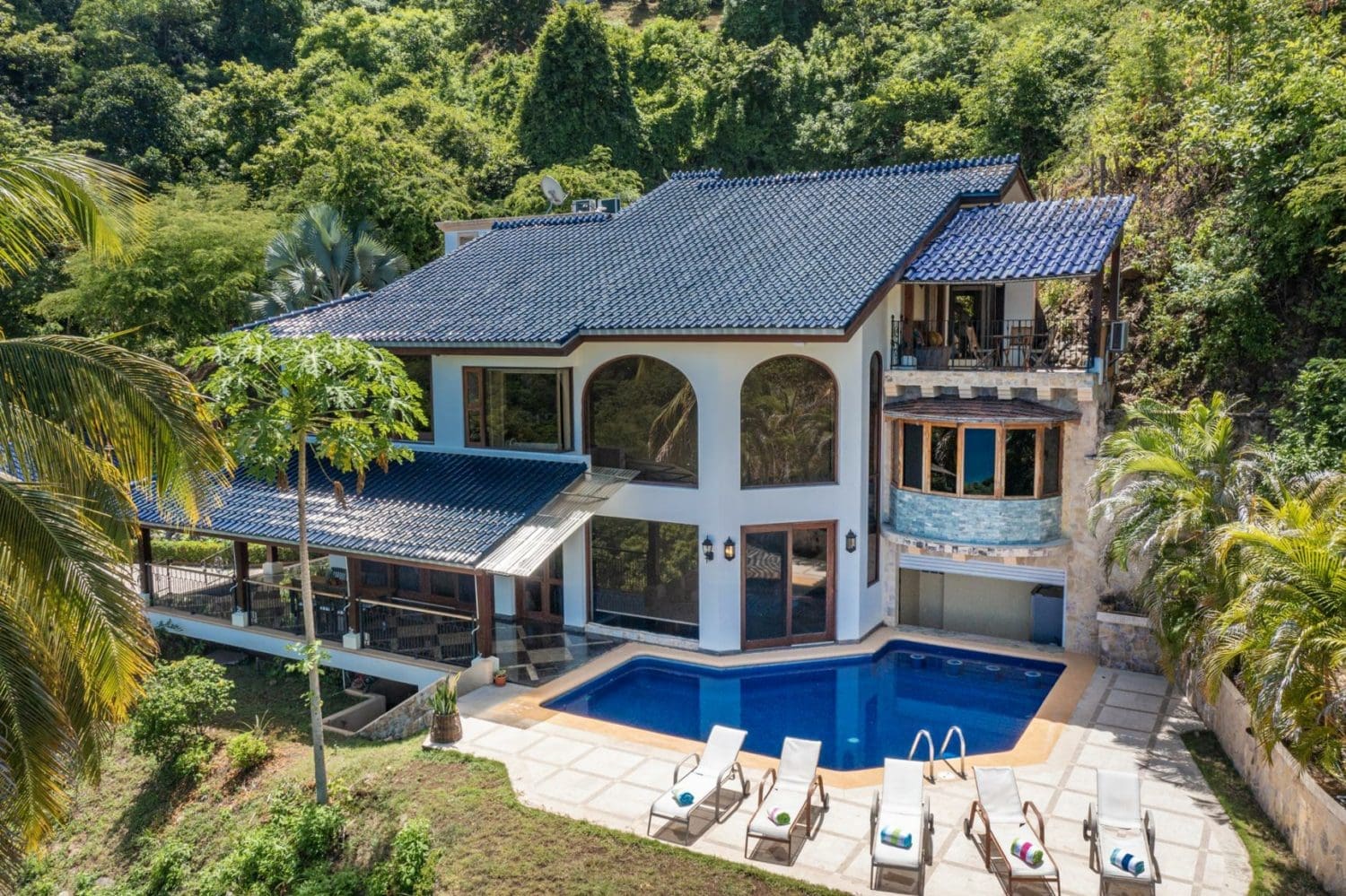
Once you find the property of your dreams, your broker will assist you with writing an offer to purchase to present to the sellers. An experienced real estate broker/agent should be able to give advice to consider when it comes to defining the price you’d like to offer. Things like recent sales comps in the area, the state of the market, and the potential of the property should be discussed at that moment. It is also important that before making an offer, you have a clear understanding of all the closing costs which your broker and attorney of choice can help you detail.
When you find an agreement with the sellers on price and terms and the contract is signed by all parties you are now officially under contract. During the transaction, you will need legal representation by a Costa Rican attorney and notary public which can be of your choice or recommended by your broker.
From there and as a buyer you will usually have 7 business days to transfer 10% of the purchase price to a third party escrow account. Escrow companies offer a secure means of holding funds and strictly obliged to the terms of the contract, protecting all parties involved. Before sending the funds you will have to present several documents to the escrow company to prove that said funds were obtained through legal operations. The 10% deposit also called earnest money deposit will remain completely refundable with no penalties during the entire length of Due Diligence. This is to allow the buyer to realize to do research on the property and uncover any legal or physical issues related to the property before committing any “hard money”.
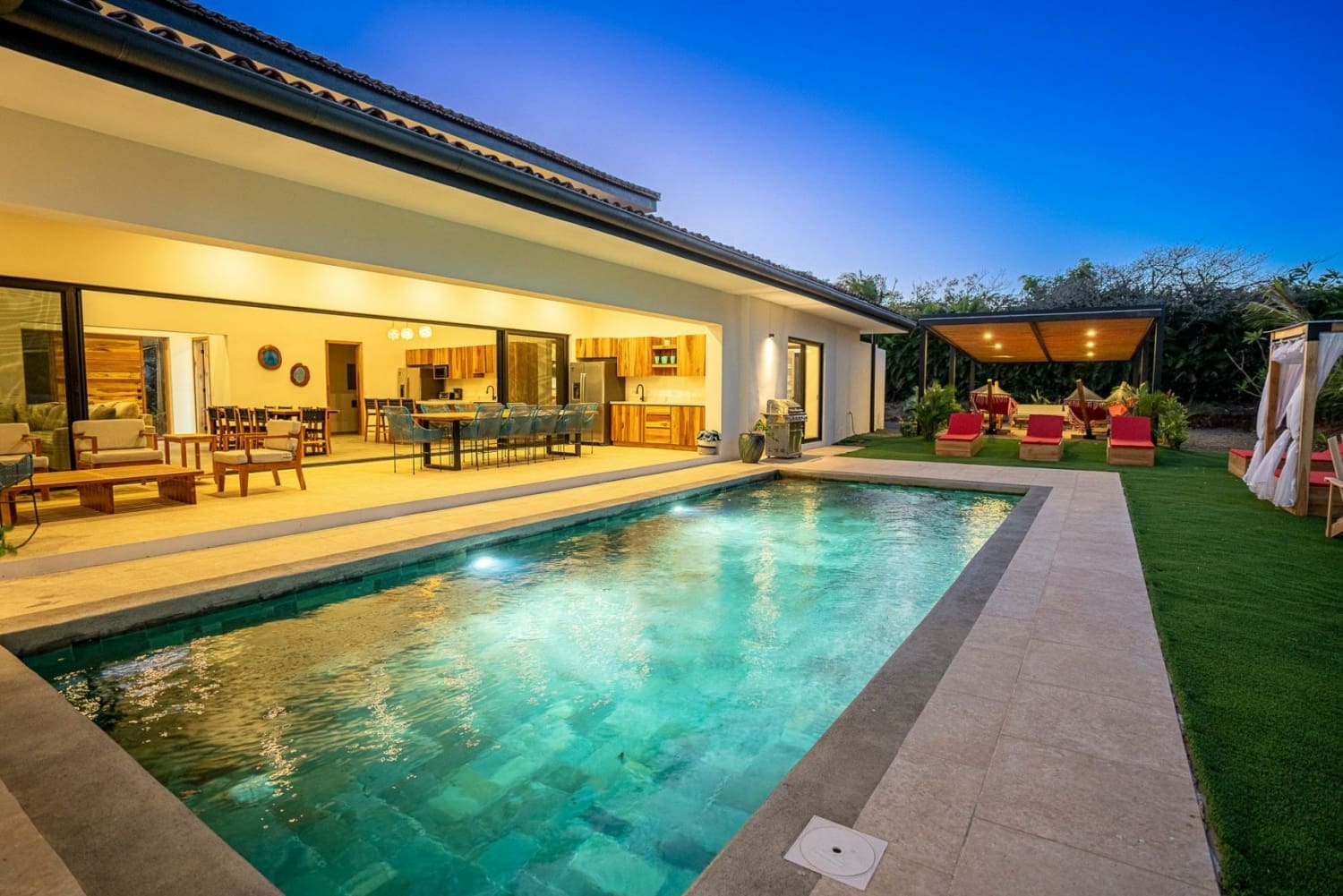
The due diligence period in general is about 21 calendar days and starts as soon as you go under contract. During this period your attorney will conduct a thorough legal investigation of the property. This investigation is done to identify any potential risks and make sure there are no hidden issues.
During the due diligence phase, attorneys will examine various aspects of the property, including verifying the property title, checking for any liens, ensuring current property tax payments, and confirming compliance with local regulations. They will also investigate property boundaries through the use of a surveyor, access rights, and potential zoning restrictions that may affect your intended use of the property.
Additionally, the due diligence process may involve environmental assessments, building inspections, and a review of any existing contracts or agreements related to the property. This thorough investigation is crucial to ensure that you are making a sound investment and that there are no surprises down the road.
Remember, transparency and clear communication with your real estate broker and attorney are key throughout this process. By working closely with your team of professionals and staying informed every step of the way, you can navigate the home-buying process in Costa Rica with confidence and peace of mind.
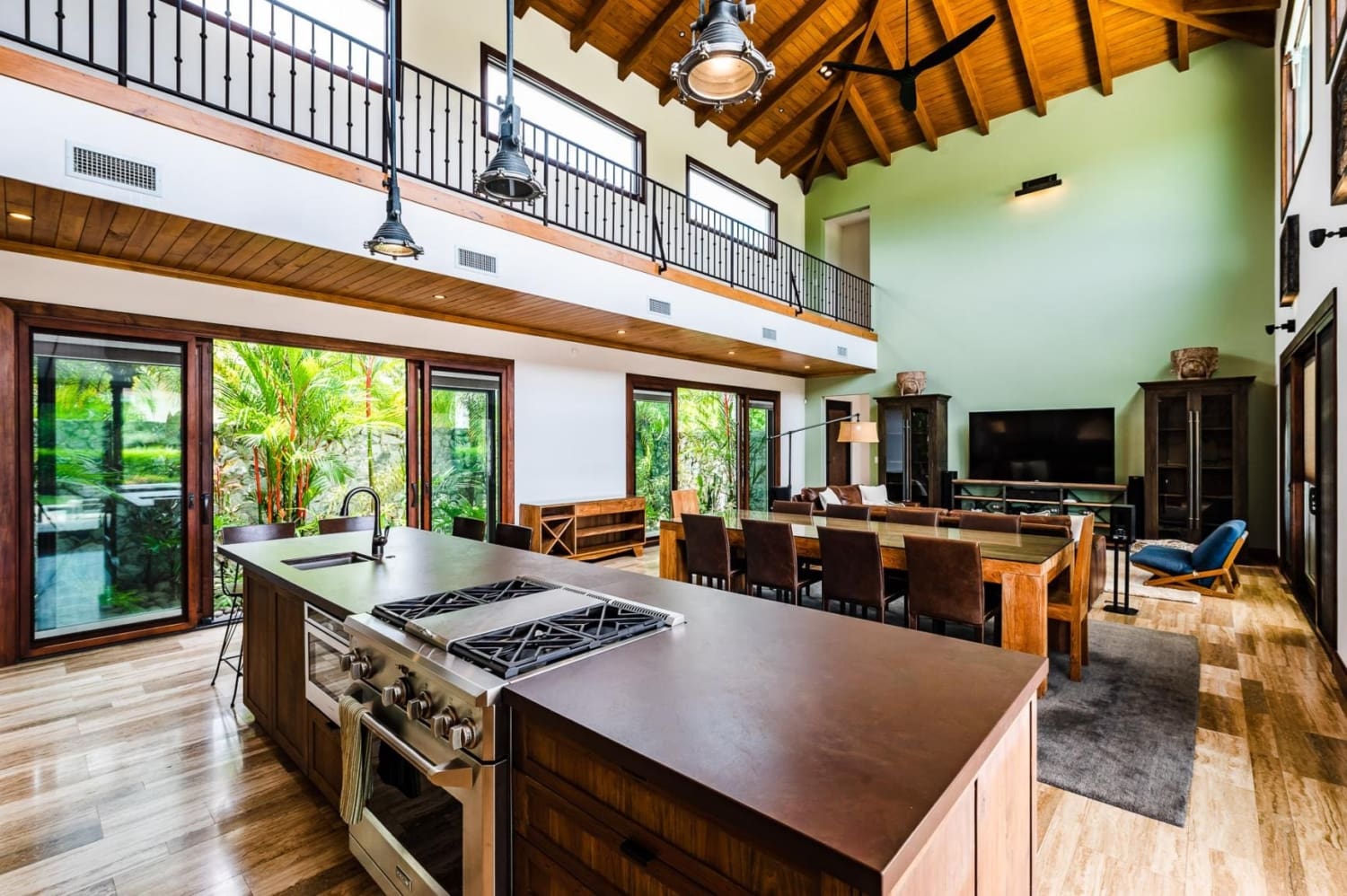
Here below you’ll find a summary of the most important items that are checked during Due Diligence when buying property in Costa Rica:
- Corporate information of the corporation owning the asset and its obligations.
- Tax obligations / Property and luxury tax
- Survey plan / Survey inspection
- Real estate declaration value with the local municipality
- Land use certificate
- Proof of payments of utilities up to date
- Inventory List
- Rental reservations
- Labor relationships
- Operating permits ( if applicable )
- Insurance policy
- Judicial/Administrative claims
- Construction permits and blueprints
- Legal access to property
- Construction Inspection
- HOA fees, by-laws, minutes, and budget ( If purchasing in a condominium )
Once the due diligence process is over, you will receive all the documentation and findings of your attorney on the property all gathered in what is called a due diligence report.
Based on all the obtained information, the buyer could decide to move forward with the closing or in certain situations walk away from the deal if there are non-resolvable legal or physical issues with the property.
Once the due diligence is approved, you can move forward toward closing. The closing is the final step in the purchase of your home and usually occurs 1-2 weeks after the approval of the due diligence meaning 4-5 weeks after the signature of the contract. In this last step, the remaining funds required to purchase the home must be securely transferred to the escrow account. The closing statements will be prepared detailing all the payments to be made at closing and to be approved by the parties. Once the papers are signed and all necessary documentation is in place, the closing can take place and the title of the property will be officially transferred from the seller to the buyer on the agreed-upon date, marking the beginning of your new chapter in your new home.

Congrats, you now own a home in paradise!
As a next step, your attorney will assist you with transferring the utilities of your new home under your name or your corporation name, and your broker will guide you with any other aspects of ownership in Costa Rica.
As an owner, you will have to pay property tax, garbage collection, and luxury tax ( if applicable ). If you own your home under a corporation you will also have to pay corporate taxes and file your compliance yearly for this same corporation with the government entity in charge, the Hacienda. As everywhere else in the world you are now also responsible for all the utilities of your new home and HOA if applicable.
This out of the way, you can now enjoy your new home in Costa Rica and benefit from the amazing climate, people, culture, and lifestyle our beautiful country has to offer.
Should you have any additional questions or need assistance on how to buy a home in Costa Rica, please feel free to reach out. We have been in business for over 20 years in the Tamarindo area and would love to provide a safe and pleasant experience to you when purchasing a home in Costa Rica.
Disclosure: Laws and mentions in this article are subject to change, this article shall not be considered legal advisory. Should you need any legal advice, please contact a local attorney to confirm any information displayed here.

